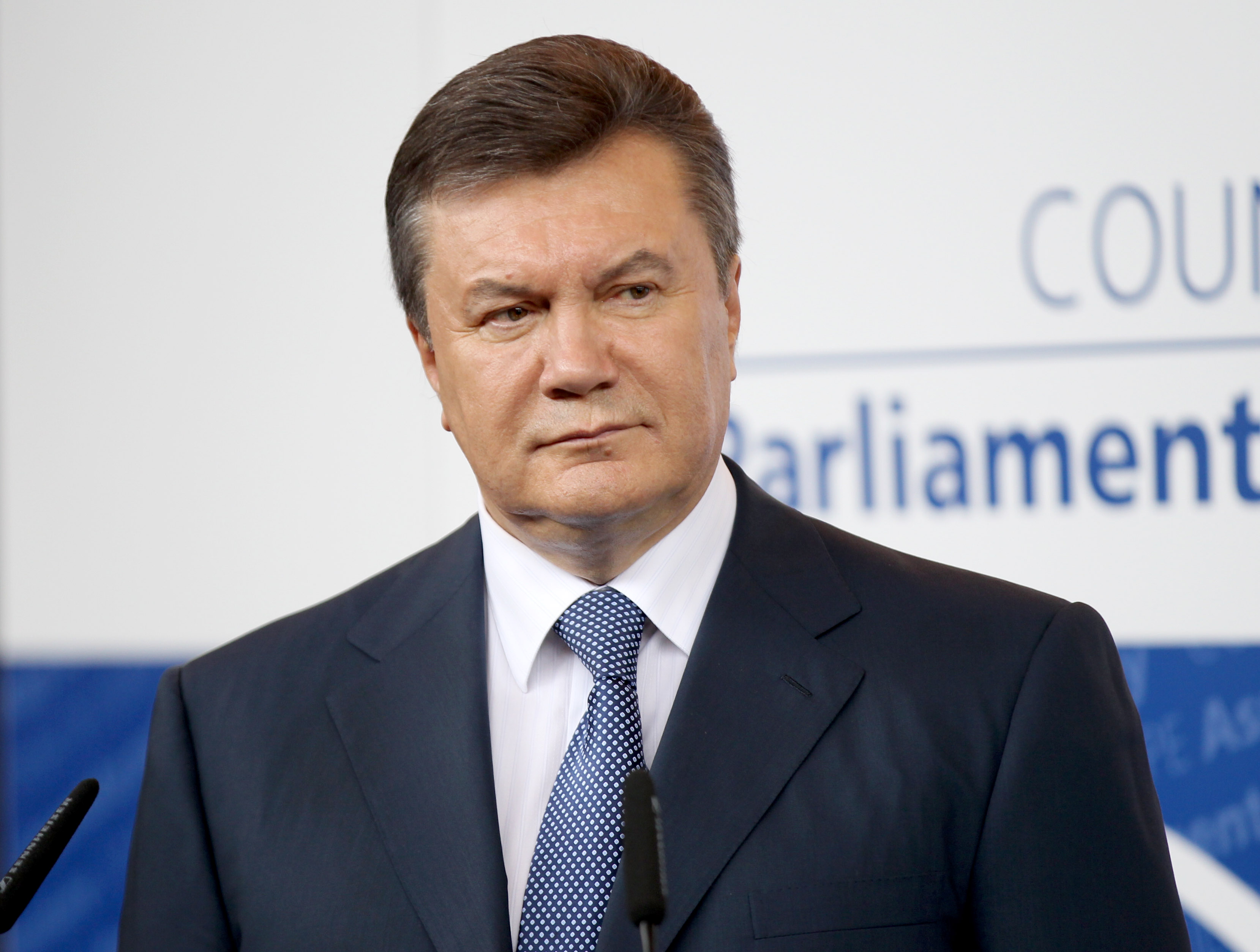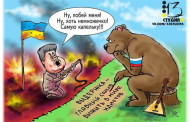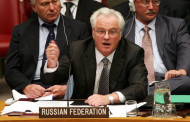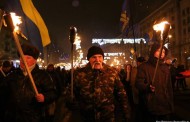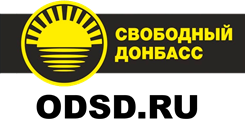Ukraine’s former president Viktor Yanukovych who was removed from power in a coup two years ago is ready to come back to the country and serve as its president, his lawyer said on Tuesday.
“He has an intention to return to Ukraine, and legal steps will be taken for this,” Vitaly Sergyuk said in an interview with Glavkom newspaper. “Yanukovych did not relieve himself of duties as president and opt out of ruling the country.”
The procedure to dismiss Yanukovych from office came in gross violation of Ukraine’s constitution, he reminded.
Yanukovych, who previously served as Ukraine’s prime minister, was elected as president on February 25, 2010. In late February 2014, Yanukovych fled Kiev, denouncing what he called a violent coup in Ukraine. The next day the parliament voted to terminate his powers.
The lawyer also said Yanukovych is not on the international wanted list now and can travel freely around the world. However, there is still a threat to Yanukovych’s life and security in Ukraine, he added.
In autumn 2013, Yanukovych refused to sign a key EU association pact. As a result, mass protests in support of the European integration began in Kiev and other Ukrainian cities that grew into clashes with police, with around 100 activists and several police officers killed.
After Maidan leaders came to power, several criminal cases against Yanukovych and members of his team were opened. In February 2015, Ukraine’s parliament, the Verkhovna Rada, deprived Yanukovych of his title of president.
In January 2015, at Ukraine’s request global crime-fighter Interpol put Yanukovych on the international wanted list on suspicion of embezzlement and misappropriation in huge amounts as part of a criminal group.
On July 21, Interpol suspended the search for the former president as the criminal case against him could be politically motivated. In October that year, the European Court of Human Rights (ECtHR) registered Yanukovych’s lawsuit against Ukraine.
In his lawsuit, Yanukovych asked the court to confirm violations of his rights under the European Convention on Human Rights, including the right to a fair trial (Article 6), the right to an effective investigation of attempts made upon his life and the right to protection (Article 2), and the right not to be discriminated against because of his political status and opinions (Article 14).”.
comments powered by HyperComments

